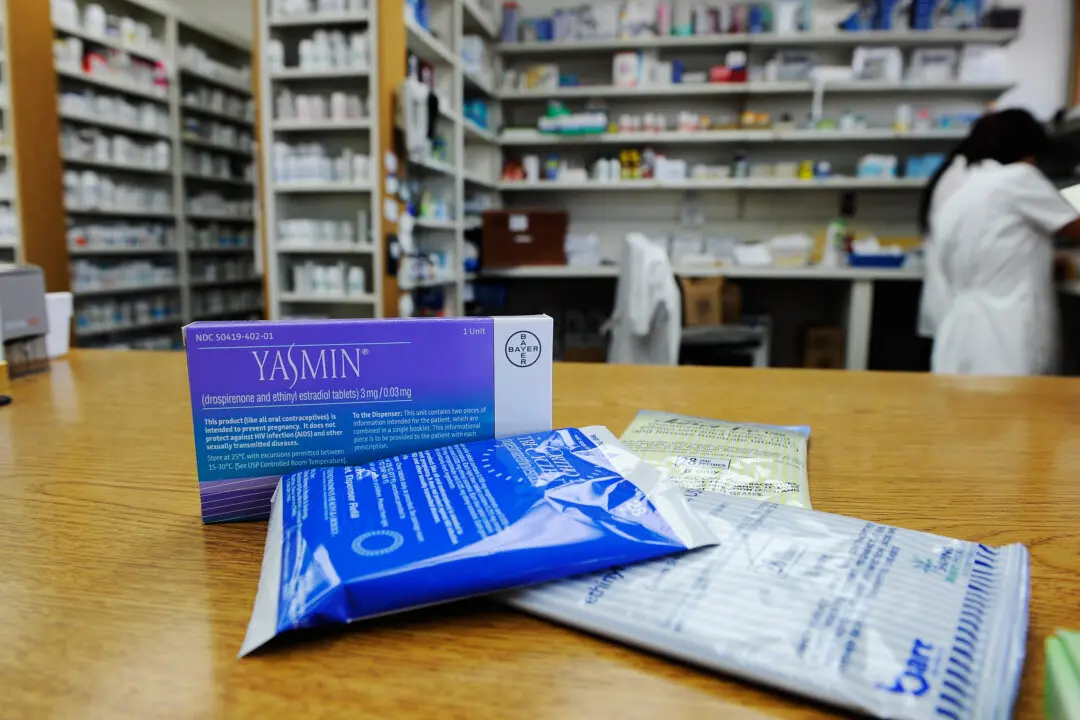Women who use oral contraceptives are at higher risk of depression, with teenage users having a 130 percent higher chance of showing symptoms of depression, according to the latest research.
The study, published in the journal Epidemiology and Psychiatric Sciences on June 12, is one of the largest on the subject to date, according to a June 12 press release by Uppsala University. The research saw the participation of 264,557 females selected from the UK BioBank, a population-based cohort that recruited 500,000 participants aged 37–71 years from across the United Kingdom between 2006 and 2010.






